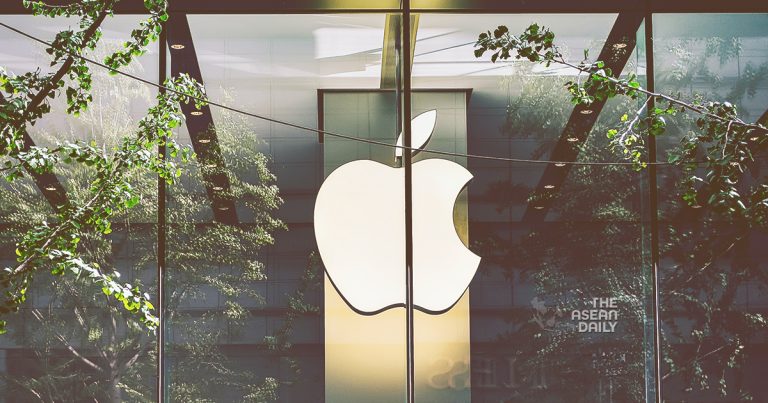7-9-2023 (SAN FRANCISCO) Apple witnessed a nearly 4% drop in its shares on Thursday, triggering a sell-off in U.S. equity markets, following reports of China expanding restrictions on the use of iPhones by government personnel in one of the company’s largest markets.
The world’s most valuable corporation was on track to lose over $100 billion in market capitalization, based on premarket trading data. This decline marked Apple’s steepest single-day plunge in over a month, after a turbulent day on Wednesday.
The repercussions extended beyond Apple, affecting its suppliers and companies heavily reliant on the Chinese market, including Broadcom, Qualcomm, and Texas Instruments, which saw their shares dip by 1.2% to 2.8%. Apple’s decline also exerted downward pressure on the three primary U.S. stock indices.
Earlier in the day, Reuters reported that Beijing had instructed employees at certain central government agencies to cease using their Apple mobile devices at work.
This reported development has heightened concerns about the economic impact of escalating tensions between the United States and China. In recent years, the United States has limited China’s access to critical technologies, including cutting-edge semiconductor chips, while Beijing has endeavored to reduce its dependence on American technology and has restricted shipments from U.S. companies such as Boeing.
Several Wall Street analysts have pointed out that the iPhone restrictions underscore that even a company with a strong relationship with the Chinese government and a substantial presence in the world’s second-largest economy is not immune to the growing tensions between the two superpowers.
Beijing’s actions come at a time when Apple is grappling with declining iPhone sales, with China being a notable exception in what was otherwise a disappointing quarterly earnings report last month.
D.A. Davidson analyst Tom Forte commented, “The restrictions have the potential to impede Apple’s sales growth in China. This could pose an additional challenge for the company.”
Some analysts have also raised concerns about potential sales setbacks due to Huawei’s new Mate 60 Pro smartphone, which is powered by an advanced chip manufactured by Chinese contract chipmaker SMIC. This marks a significant development for the pair, which has been affected by U.S. sanctions. These sanctions had severely impacted Huawei’s sales in its home country and had allowed Apple to capture some market share from the domestic favorite.
Analysts at Bofa Global Research stated, “If Huawei has the capability to supply and scale its home-grown Kirin 9000S chips, we see the Mate series phone as an opportunity for Huawei to increase its shipments and regain its market share.”
However, Apple might experience an uptick in demand following an event scheduled for next week, during which the company is expected to unveil its iPhone 15 lineup, along with new smartwatches.




